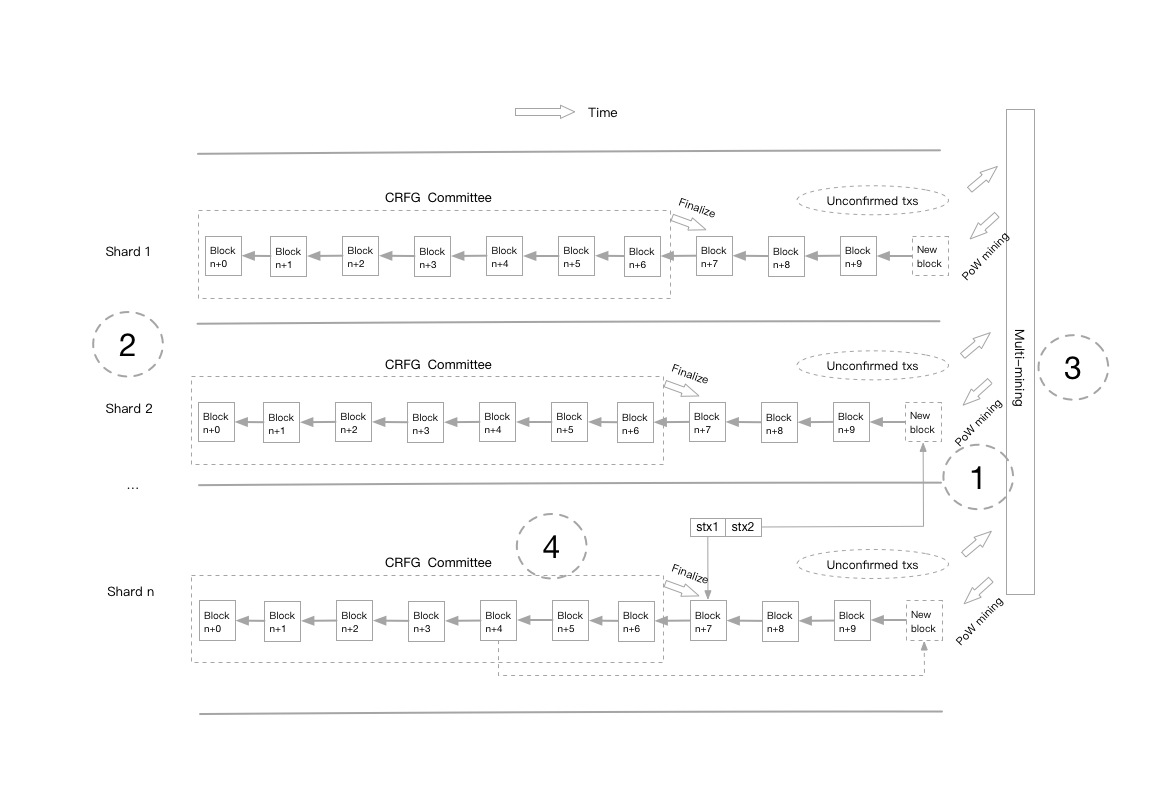yao-gc
This is a rudimentary implementation of Yao's Garbled Circuits. This is a technique which allows two parties to evaluate a boolean function on their private inputs, without revealing those inputs to eachother.
This is a special case of Multiparty-Computation, in the case of 2 parties which are semi-honest. By semi-honest, we mean that both parties will follow the protocol, and won't send malicious inputs in an attempt to derail it.
This implementation provides a LISP-y DSL for describing circuits, and implements a simple command line program which runs the protocol by communicating over TCP.
Usage
yao-gc 0.1.0
USAGE:
yao-gc [FLAGS] <ADDRESS> --circuit <circuit>
FLAGS:
-h, --help Prints help information
-l, --listen If true, then this will be the garbler listening for connections
-V, --version Prints version information
OPTIONS:
-c, --circuit <circuit> The path to the circuit file
ARGS:
<ADDRESS> The network address to listen on, or to connect to
As an example, consider having a simple and circuit in the file circuit.txt:
(& a0 b0)
This calculates the and operation between A's first input, and B's first input.
A will go first:
$ yao-gc --listen --circuit circuit.txt localhost:1234
input:
1
Then B will go second, connecting to the port that A is listening on:
$ yao-gc --circuit circuit.txt localhost:1234
input:
0
false
A will also print false, since they receive the result after running the protocol as well.
The number of input bits is determined by the maximum input the circuit uses for that respective party. So if the circuit contains a2 as the largest input, then A will need to supply 3 bits, for a0, a1, and a2.
Circuit Language
The language is very simple. A program is a single boolean expression, which is either:
- An input, like
a0, orb0 - A unary operator
(! <expr>) - A binary operator
(<op> <expr> <expr>)
Inputs
Each input starts with either a, or b, and then the index of the input (zero-based). Inputs starting with a denote party A, or the one listening for a connection, and inputs starting with b denote the other party, which initiates the connection.
Unary Operators
There's a single unary operation !, which negates a boolean value.
Binary Operators
There are currently 4 supported binary operators:
&the and operator|the or operator^the xor operator=the equals operator
These, combined with !, are sufficient to implement every boolean operation.
Examples
Examples can be found in the /examples directory of this repository.
Limitations
- Only a single output is supported at the moment.
This isn't a fundamental limitation of garbled circuits, just of this implementation. This could easily be amended
- The protocol only works for two parties
- The protocol isn't maliciously secure
This are limitations of the protocol being implemented, not this implementation.


